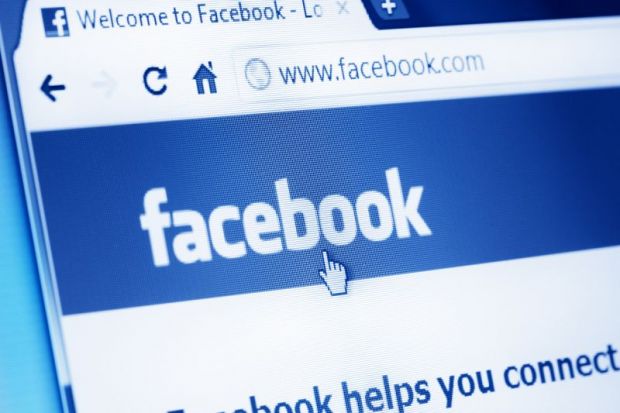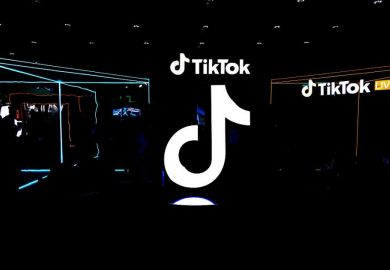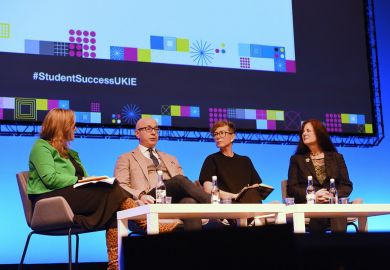Institutions have been “too indulgent” towards the uncivil behaviour of some members of the university community on social media and action is needed, Times Higher Education’s Leadership and Management Summit has heard.
Adam Habib, director of SOAS University of London, said that academics were fearful of speaking out and that university associations should establish a code of expected online behaviour for those within universities.
“If you look at many parts of the UK and the US, I’m struck by how many academics are very, very nervous to engage in the public discourse. They are particularly nervous about particular issues. And frankly, I don’t think it’s the right wing that has been kept quiet. I think there’s a paralysis of the liberal and progressive intelligentsia”, Professor Habib said.
“We’ve allowed people to threaten each other. We’ve allowed people to violate each other and humiliate each other,” added the political scientist and former vice-chancellor of South Africa’s University of the Witwatersrand.
Speaking during a session titled “How do leaders navigate a new pathway to diplomacy?”, Habib said he worried about diplomacy “being this lovey-dovey thing where everybody gets on and lives with each other and sings ‘Kumbaya, my Lord’.”
“I am worried that in this historical moment, the leaders of universities need to understand when to hold the line and when to not.”
Referring to fires resulting from student protests in South Africa in 2016, Professor Habib said: “There were actual burnings of university buildings…you need to hold the line.”
The university community must establish parameters for behaviour on social media and consequences for people who cross the boundaries, he said, adding that it was “fundamental” that university associations do this.
“I don’t think you’re going to get Facebook doing it, and I don’t think you’re going to get Twitter doing it. If they do it, they’ll do it in relation to their own terms.
“The space for open, reflective discourse and deliberation is under threat in universities in parts of the Anglo-Saxon world, and I think we need to take that seriously,” Professor Habib added.
Discussing online regulation, Mary McAleese, professor of children, law and religion at the University of Glasgow and former president of the Republic of Ireland, said social media platforms should be regulated in a similar way to print and broadcast publishers.
“Unfortunately, the social media platforms have managed to carve for themselves a space in which they are regarded not as publishers who are responsible and accountable and regulated, but open platforms. That has to stop,” Professor McAleese said.
Rocky Tuan, president and vice-chancellor of the Chinese University of Hong Kong, agreed that a framework to regulate online behaviour was needed. “I do think that social media is a pandemic, is an ‘infodemic’ that we have to deal with,” he said. “We’re in the knowledge business, so we have some moral responsibility to be involved in this process.”
Register to continue
Why register?
- Registration is free and only takes a moment
- Once registered, you can read 3 articles a month
- Sign up for our newsletter
Subscribe
Or subscribe for unlimited access to:
- Unlimited access to news, views, insights & reviews
- Digital editions
- Digital access to THE’s university and college rankings analysis
Already registered or a current subscriber?







